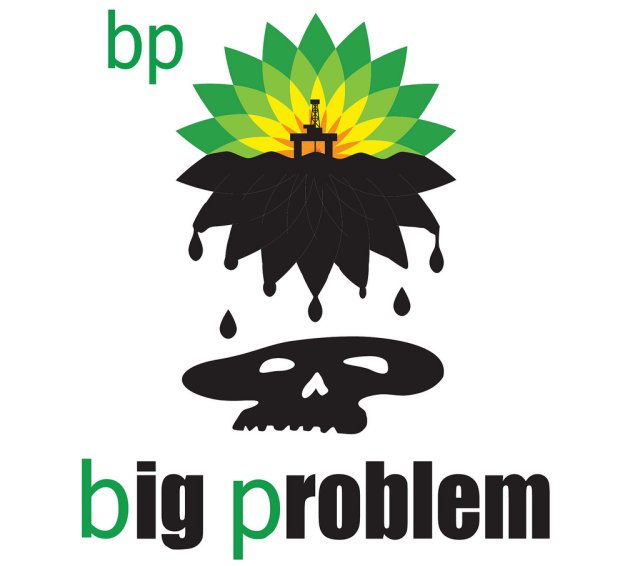
“What the hell did we do to deserve this?”, BP CEO Tony Hayward asked fellow executives in the company’s London office, days after the April 20 explosion of the Deepwater Horizon oil rig in the Gulf of Mexico, the April 29 New York Times said.
Eleven workers died in the explosion that has generated the US’s worst ever environmental disaster.
BP finally managed to place a cap over the well on July 15, although its status remains tenuous. Associated Press reported seepage detected from the cap on July 21.
A dispute has arisen between the US government and BP over the cap, AP said on July 20.
On July 17, the head of the government clean up effort, Admiral Thad Allen, said a pipe would be attached to the cap to allow the oil to be pumped to the surface. This would require the cap to be detached for a few days and aimed to avoid potentially catastrophic damage to the sea-floor that could occur through the build-up of pressure.
However, the next day BP chief operating officer Doug Suttles said that the well should be kept closed until a relief well is finished. Suttles was reflecting BP’s primary concern for its media image — rather than the potential further long-term catastrophic damage to the environment if the ground surrounding the well was to rupture.
Keeping the well capped helps keep BP out of the headlines. Letting the oil flow again means more bad PR. The government caved in to BP’s demand.
Hayward’s question to his fellow millionaires sums up BP’s attitude throughout the Gulf disaster —arrogant disregard for anyone except itself, combined with petulant sulking about the avalanche of outrage directed towards it.
Hayward’s infamous remark that he wanted the well to stop because he “would like [his] life back” showed BP’s total lack of consideration for the thousands of people in the Gulf who will never get their old lives back due to this avoidable disaster.
The July 20 British Guardian confirmed what had already become common knowledge: BP put profit before people and the planet by ignoring internal safety reports of a leak on the Deepwater Horizon rig, and had not used industry best practice for avoiding oil spills.
When the leak is finally stopped, BP will likely seek a major brand overhaul in an attempt to distance itself from this saga. The first change will be the departure of Hayward, who is tipped to resign in the next two months.
Hayward’s lies and gaffes throughout the clean-up process have made him a public pariah and a liability to the company’s image. A new face will have to be installed to put a clean spin on BP’s dirty operations.
Hayward will probably be “compensated” with a golden handshake. But compensation for the thousands of victims of the spill who have lost their livelihoods is looking shaky.
BP has promised an independently-run US$20 billion fund to distribute compensation payments, ABC said on June 17. However, given the scale of this disaster, and the as yet unknown affects it will have on the Gulf ecosystem, it is likely the fund will not be enough to pay for what could be generations of environmental damage.
BP’s oil spill disaster fund head Kenneth Feinberg said there was “not enough money in the world”" to pay all claims, the July 1 Sydney Morning Herald reported. Feinberg suggested home owners with plunging property values could lose out.
Feinberg hinted that people indirectly affected by the spill would not receive payment.
The appointment of Feinberg as the head of the compensation fund has been questioned. Feinberg, a millionaire lawyer, has made a career out of helping large corporations limit compensation payments.
His career was kick-started by the class action brought by Vietnam war veterans against the companies that made Agent Orange. Feinberg reduced the size of the settlement by half, Counterpunch.org said on July 2.
Counterpunch quoted Attorney Rob Hager as saying: “What is Obama's motivation in appointing this guy when he has followed a career of helping corporations escape the consequences of inflicting massive injuries and helping government to cover-up its misdeeds?”
Indeed, BP has already begun short-changing its victims. Reuters said on July 17 that the money earned by fishing-boat workers for assisting in the clean-up will be subtracted from their compensation claim against the company.
Workers stormed out of a town hall meeting with Feinberg on July 16 — declaring it pointless to continue working in the clean-up effort.
BP may also face a huge number of compensation claims from clean-up workers who have been made sick by exposure to the oil.
DemocracyNow.org said on July 7 that a growing number of workers have reported suffering flu-like symptoms. These include headaches, dizziness, fatigue, nausea, and problems with memory and concentration.